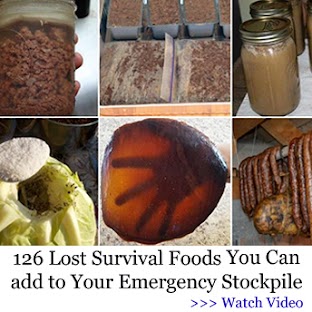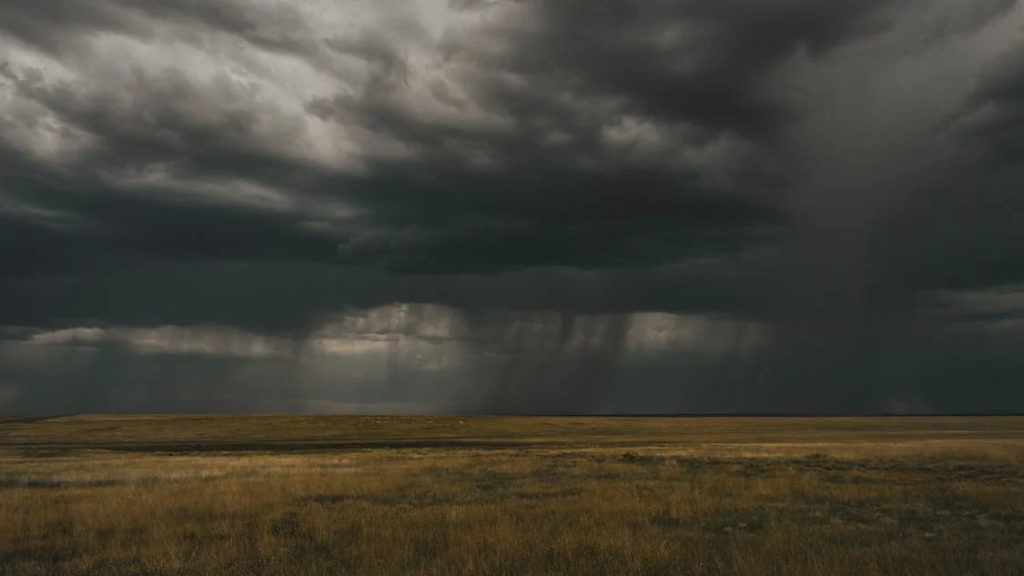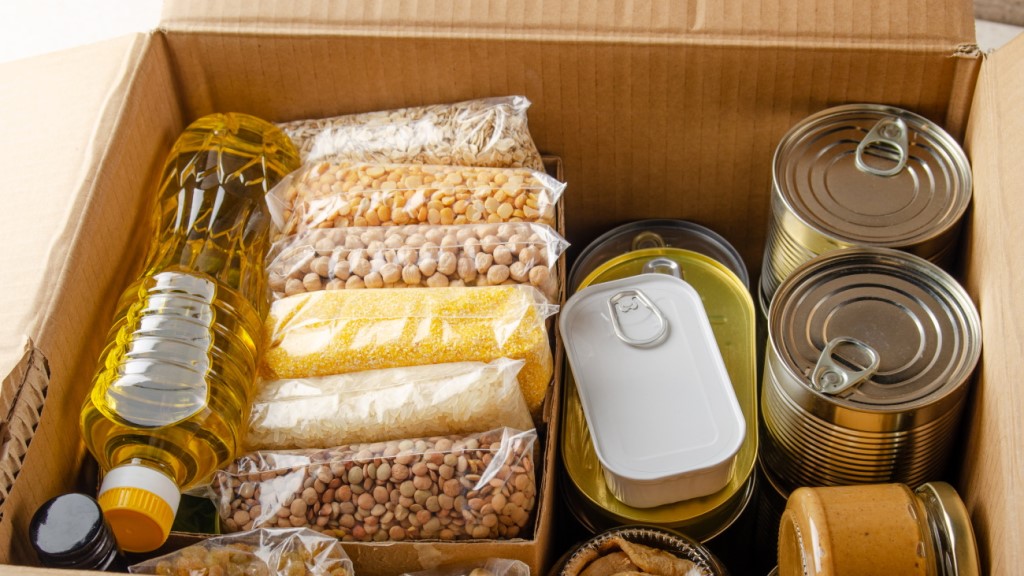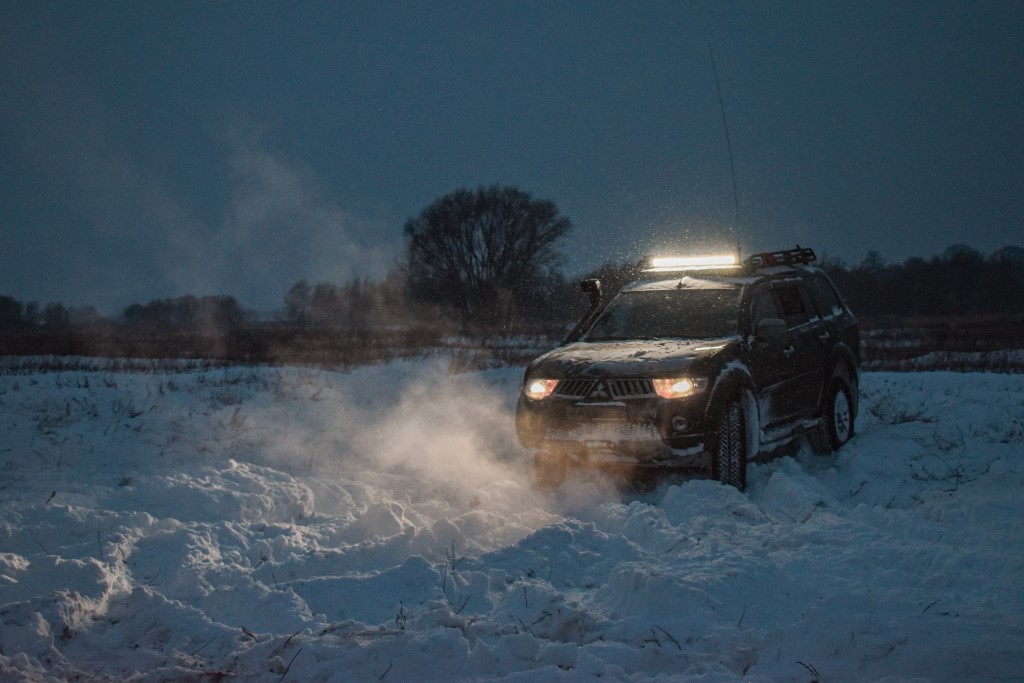Are you and your family prepared to survive a natural or man-made disaster? Disasters happen. That is a fact of life, and knowing that, are you prepared for a disaster when they happen?
Natural events such as floods, earthquakes, and major storms and also unnatural events like terrorist attacks of all kinds may disrupt the the grid.
What exactly is the grid? It’s the regular distribution of electricity, food, fuel, goods, and services. When any one of these essential services are interrupted you will feel it.
If things get bad enough we call that SHTF (Sh*t Hits The Fan). That’s when normal life as you know it is disrupted for days, weeks, or even years.
Can You Survive?
If a major hurricane or other event (natural or man made) were to disrupt the grid in your community or nationally, would you be ready? Could you survive?
How would you and your family make it if you could not purchase any food, water, or gasoline?
No one really knows what the future holds and no one can predict what tomorrow will bring. You can’t possibly plan for all possible scenarios, and believe me there are a million different scenarios you could prepare for.
But if you’re smart you will have a plan for the most likely possibilities, and store at least a few basic supplies for emergencies.

The Good News – The “Prepper’s Cheat”
The good news is there is a simple “prepper’s cheat” that will ensure you are ready for just about anything. It’s a few simple principles that ensure you’re prepared for pretty much all possible scenarios.
What is it? It works like this: If you prepare to have zero access to the grid for a set amount of time you will be prepared for anything. This includes the whole grid – electricity, food, fuel, goods, and other services.
Basically if you can live without flipping a switch for electricity, turning a knob for water, pumping gas at a station, or buying food on a shelf…. you are well prepared for anything that comes your way.
You might prepare to have no access to the grid for a day, three days, a week, a month, or even a year. The longer the better, but the exact length is a personal choice.
Evaluate Your Needs
In our article Your First Preparedness Task – Sit And Think we discuss how your first action as a prepper should be evaluating your own particular needs and goals.
Below we offer some guidance on planning for a both short and long-term event.
Get a pen and paper, sit down some place quiet, and then ask yourself the following questions.
- What natural hazards are there in my area?
- What man-made events could happen that would affect me and my family?
- Have I taken precautions to protect my home?
- What is my potential for being caught in a significant earthquake, flood, hurricane, or tornado?
- How long do I anticipate that I might be without access to the grid?
- If the electricity goes out for an extended period of time, how will I cook, heat, and light my home?
- Do I have supplies and training to deal with medical emergencies alone?
- If I must evacuate, do I have portable emergency supplies readily available to bring with me?
- How many people do I wish to store supplies for? What about my friends, neighbors, or relatives?
- Do I have pets that I wish to feed and care for?
- Do I have small children or infants with special needs?
- Do I require prescription medications or are there any addictions (sugar, coffee, tobacco, etc.) I wish to provide for if the grid goes down for a period of time?
So, Are You Prepared For A Disaster?
We are living in an era of megastorms, international terrorism, and increasingly destructive events. Market crashes, water storages, solar storms, oppressive governments, and dirty bombs seem to lurk around every corner.
Is it foolish to assume that one day in the not-too-distant future your access to the grid will be interrupted? Of course not. In fact it’s foolish to believe that life will forever continue just as it is today.
Remember, when electricity stops flowing, everything in our modern lives stop working.
Without electricity, most municipal water treatment and waste removal systems, cell towers, gas stations, and grocery stores will soon shut down and emergency medical services will be severely limited.






